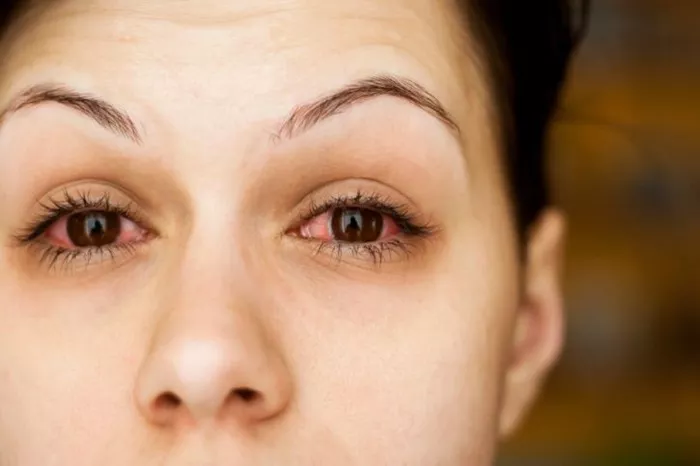As Diwali festivities come to a close, many revelers face post-celebration challenges, particularly related to eye health. The tradition of bursting firecrackers, while integral to the celebrations, often leads to heightened pollution levels, which can result in discomfort such as eye irritation, dryness, and allergies. Though these symptoms may be overlooked during the festivities, they tend to intensify in the days following Diwali.
Common Post-Diwali Eye Issues
During the festival of lights, airborne irritants contribute significantly to eye stress. Common post-Diwali issues include:
Dryness and Itching: Particles and smoke can disrupt the glands that maintain eye moisture, leading to excessive dryness and discomfort.
Redness and Watering: Exposure to irritants can trigger the eye’s immune response, resulting in tear overproduction, which often exacerbates inflammation.
Allergic Reactions: While some individuals may not experience significant issues, many suffer allergic reactions from pollutants present in fumes and household dust.
Expert Recommendations for Managing Eye Irritation
Dr. Neeraj Sanduja, an ophthalmologist at Viaan Eye and Retina Centre, advises that post-Diwali pollution and seasonal changes often cause dry and irritated eyes. “For those experiencing dryness, preservative-free artificial tears are highly effective,” he suggests. “These drops help rehydrate the eyes and lubricate any irritating particles that may have settled during the celebrations.”
Hydration is key, according to Dr. Sanduja. “Drinking sufficient water is crucial to prevent both skin and eye dryness. This helps restore the moisture barrier in the eyes and minimizes further irritation,” he explains. Maintaining hydration after Diwali can be vital in alleviating discomfort.
Dr. Digvijay Singh, Director at Noble Eye Care in Gurugram, emphasizes the importance of avoiding actions that could worsen irritation. “Rubbing or touching your eyes after exposure to pollution can create micro-abrasions on the cornea, worsening the situation,” he warns. Instead, Dr. Singh recommends using a cold compress for relief.
For those susceptible to allergies, Dr. Singh suggests antihistamine eye drops to reduce itchiness and redness. However, he cautions against unsupervised use. “While these drops can alleviate symptoms, their use should be limited to practitioner recommendations. Over-reliance can lead to more harm than good,” he notes.
When to Seek Medical Help
While mild redness and irritation are common and typically do not require medical intervention, persistent symptoms lasting more than three days warrant a consultation with an eye professional. Moderate to severe redness, increased tear production, or changes in retinal appearance can indicate more serious health concerns. Alarming symptoms, such as sudden unbearable pain, macular haziness, excessive irritation, or swelling around the eyes, necessitate immediate attention from an eye specialist to prevent potential damage.
Preventive Measures for Eye Care
To mitigate post-Diwali eye problems and enjoy future celebrations without compromising vision, consider these expert-recommended tips:
Use Artificial Tears: Ensure your eyes remain well-lubricated.
Stay Hydrated: Drink plenty of water to combat dehydration.
Avoid Eye Rubbing: This can aggravate irritation; opt for sunglasses outdoors to protect against dust.
By following these precautions, individuals can effectively navigate post-Diwali eye issues and cherish their festive memories without suffering from discomfort. As Diwali has concluded, these recommendations will help maintain eye health in the days to come.
Related topic:
5 Best Home Remedies for White Bumps Under Eyes
How Do You Get Rid Of Chicken Skin Under Your Eyes?
How Long Does Eye Swelling Last After Cataract Surgery?

